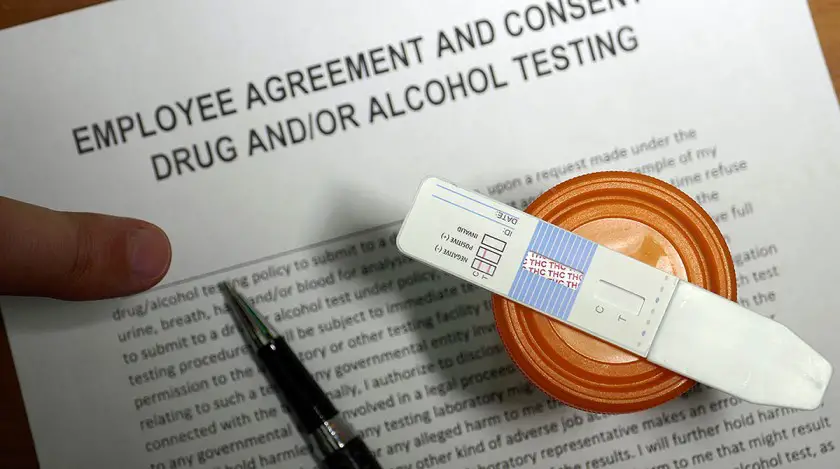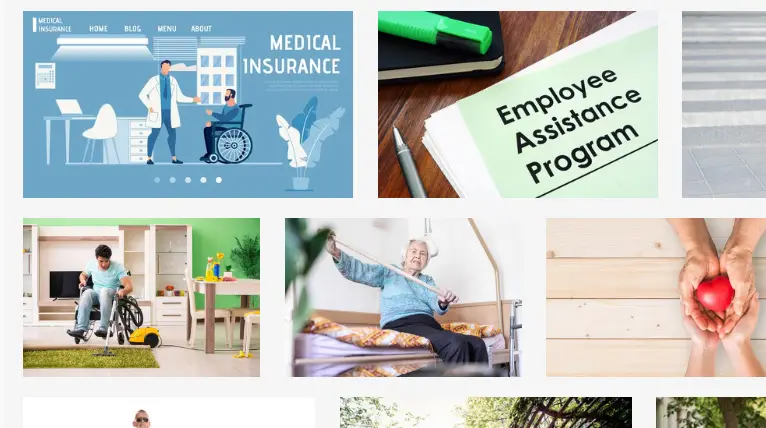A caregiver is a person who cares for the health of a person who is incapacitated and needs assistance with regular daily chores and other activities.
People who need the services of a caregiver are most likely injured, disabled, or ill.
A caregiver could render services for the short term or long term.
They may also be responsible for the care, safety, and management of children entrusted in a care home.
They are saddled with the responsibility of performing essential personal tasks for their ward or whoever they are caring for.
You could refer to caregivers as essential workers because their role in society is important.
Keep reading to know more about caregivers and if you can be a caregiver at 17.
Table of Contents
- Duties of a Caregiver
- Types of Caregivers
- Requirements to Be a Caregiver
- Can You Be a Caregiver at 17?
- Disadvantages of Being a Teenage Caregiver in the Home
Duties of a Caregiver
The role could be demanding.
A caregiver performs some of the following duties and more.
Support personal activities
Assistance with activities such as bathing, grooming, getting dressed, eating, and more for patients is a significant role of caregivers.
Due to the dependency state of their patients, performing activities of daily living (ADL) might be hard for them.
Caregivers are needed to help patients with the aforementioned personal care activities.
It is essential to make sure your patient’s hygiene is good.
Related: Can a Caregiver Have a CPL? (Answered)
Carry out periodic assessments of medical needs
Helping to keep track of medical appointments and changes in the patient’s state of health is a function of a caregiver.
They’re also responsible for administering prescribed medications and performing basic health checks periodically.
Prepare a care plan
A care plan is a document that outlines the patient’s health conditions, needs, medications, medications, healthcare providers, and emergency contacts.
It is essential because it enables consistency of care for the patient.
In case of caregiver transfer, having a care plan will make it easier for a new caregiver.
All information provided on the care plan must be accurate and verified.
Prepare meals
Depending on the nature of the job, a caregiver may have to prepare meals for the patient.
If it is a live-in arrangement, they’re responsible for providing nutritious meals as recommended by a dietician or nutritionist.
Help with transportation
A caregiver should assist with the transportation of the patient.
The patient will need to be taken to doctor’s appointments, family functions, and other vital outings.
It is preferable to have private arrangements like driving or chartering a driver.
If private transport arrangements are unavailable, the caregiver must accompany the patient on public transportation like using the subway or bus.
Organize the patient’s home
Safety measures must be put in place to prevent home accidents.
Although housekeeping might be outsourced, the caregiver might need to perform some housekeeping roles regularly.
Related: Do Employers Drug Test for Short Term Disability?
Types of Caregivers

Different categories of patients require specific caregiving services.
There are several types of caregivers.
Family Caregiver
The family caregiver is related to the patient. These are mostly volunteers.
Skilled Caregiver
A skilled caregiver is trained professionally to give care to the patient.
There are professional certifications for people to become caregivers. These professionals can build a career in caregiving.
Independent Caregiver
This caregiver works independently of an agency and is employed directly by the patient or family members.
Private Duty Caregiver
A private duty caregiver gives several services like nursing care, paying bills, and transportation services.
Informal Caregiver
Similar to a family caregiver, an informal caregiver is a volunteer that could be a neighbor or friend of the patient. The informal caregiver is not related to the patient.
Requirements to Be a Caregiver
A caregiver is legally required to be 18 years of age.
The minimum educational requirement is a high school diploma.
Depending on the role, a caregiver might be required to have a substantial amount of work experience, ranging from 6 months to a year.
For entry-level roles, you may not have to worry about work experience as it is not required in some cases.
Must-have essential skills are communication skills, compassion, patience, empathy, positivity, and the ability to take the initiative.
Being a caregiver could be demanding.
You must ensure that you meet all the requirements before applying for the role.
Related: What Happens If You Hit a Disabled Person? (Answered)
Can You Be a Caregiver at 17?

You cannot work as a caregiver at 17 years. The legal age for being a caregiver is 18 years. There are several ways to provide caregiving services. You might even be providing the services unofficially without knowing.
Some of these ways are helping out with an incapacitated parent or adult family member, an elderly family member, or younger siblings.
Minor caregivers might help out with the assisted daily living activities of the adult, household chores, shopping for groceries, helping with medications, and even visits to healthcare practitioners.
In being a caregiver for a family member, you might most likely be unpaid, and your role is unofficial.
Disadvantages of Being a Teenage Caregiver in the Home
The caregiving role is highly tasking and demanding, even for adults. The teenage years are formative years no one can get back.
Some of the demerits of being a caregiver in one’s teenage years are given below.
Prone to mistakes
A teenage caregiver is untrained for the role and could make risky inevitable mistakes.
Despite the teenager’s willingness to help, it might be difficult for them to fit into the caregiving role perfectly.
This could be a significant risk to both the teenager and the family member being cared for.
Low academic performance
Being a teenage caregiver could cause a decline in school performance.
The caregiver role comes with many responsibilities that could be overwhelming even for an adult.
A teenage caregiver will most likely find it challenging to balance the demands of providing caregiving services to the family member and school.
For some, schoolwork could be challenging to navigate by itself.
Poor social life
Social isolation among their peers may occur to teenage caregivers.
You could say that such teenagers might have no social life as they might have little to no interaction with their peers after school hours.
Having little interaction with their peers can affect their social life even after being teenagers.
They might grow reserved and socially awkward around other people.
Emotional meltdown
A teenage caregiver can develop an emotional health decline.
Depending on the case in which they provide caregiving services, teenagers may get depressed and suffer from other emotional disorders.
They might have to suppress their emotions to tend to the needs of their ill or incapacitated family member.
Suppression of emotions can lead to an emotional meltdown or frequent outbursts of anger.




